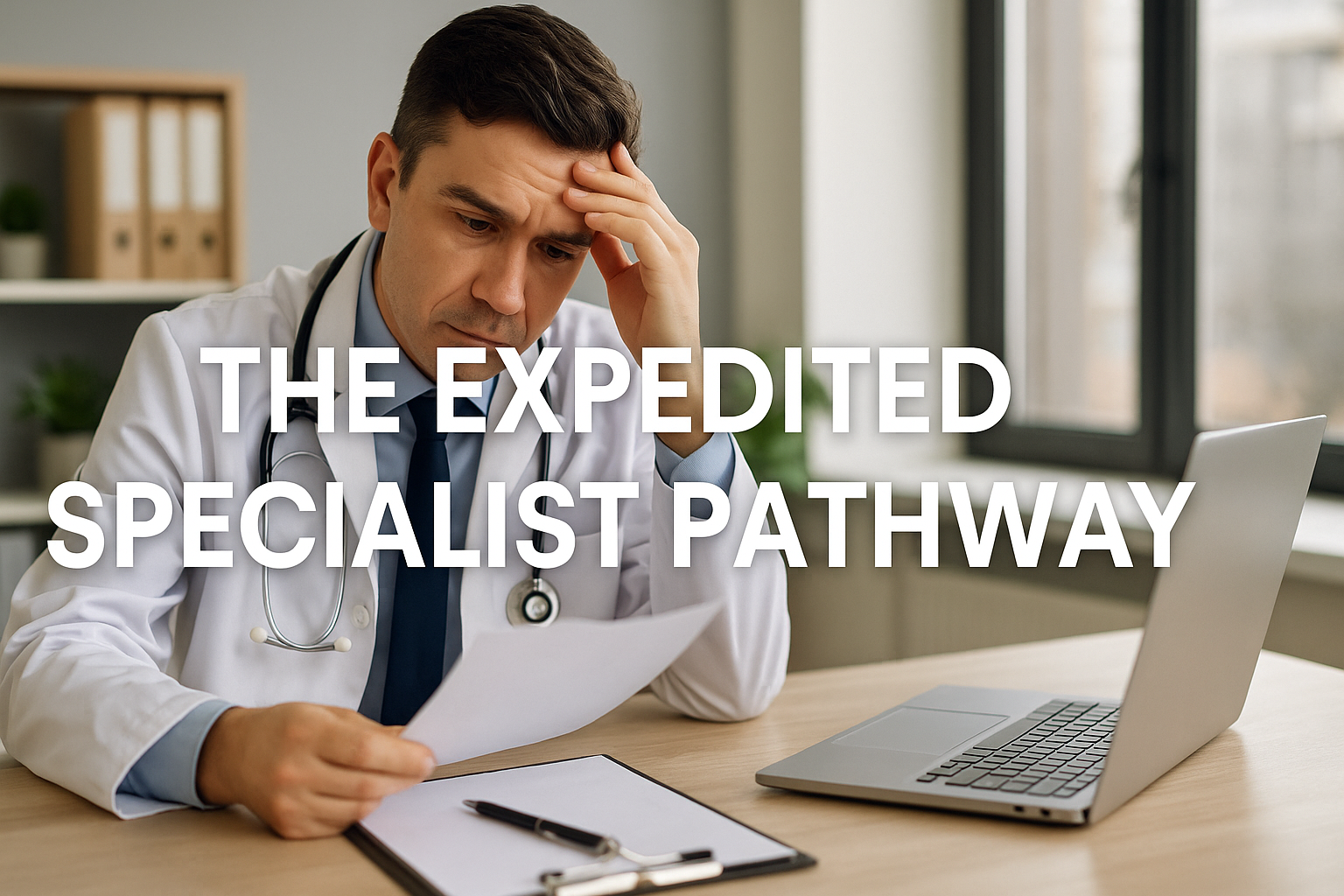Everything You Need to Know Before Working As a Rural GP Locum
Who is a Rural GP Locum? A rural locum GP General Practitioner is a doctor who temporarily fulfil the duties of a regular doctor within a rural community practice or hospital. This terminology is usually ascribed to a medical doctor in rural areas.
Working as a Rural GP Locum is a great way to experience medicine in a different setting, all while seeing different parts of Australia, network with colleagues alike, and of course earing higher rates. So whether your looking for a change of pace or just wanting a great experiences, this could be exactly what the doctor ordered!
How Can I Become a Rural GP?
There are a few ways to qualify as Rural GP. The National Rural Generalist Pathway provides basic training and can fast-track development in becoming a rural generalist. It highlights the extra requirements and skills of rural generalists. It then helps them to meet the diverse health needs of regional, rural and remote Australians.
The Australian College of Rural and Remote Medicine (ACRRM) is the professional home of Rural Generalist Medicine. The ACRRM Fellowship (FACRRM) is developed to represent the professional standards for distinction in Rural Generalist practice.
The ACRRM and RACGP both offer a Fellowship in Advanced Rural General Practice (FARGP).
The Place of a Rural GP Locum Program (RGPLP)
A rural GP locum program assists General practitioners in recruiting other new locums to provide medical assistance in rural areas. In rural environments where physicians are very few, a GP locum can be recruited to provide vacation relief and continued medical education.
What Extra Qualifications or Skills Do I Need to Work As a Rural GP?
You require an ALS2 Certificate and must possess the ability to work independently. This is because General practice doctors work independently of each other, unlike in hospital specialities, where doctors provide care in teams.
There are also opportunities for city GP’s wanting to work in rural practice. If this is something you are interested in, we have opportunities to assist your transition to rural practice.
What Benefits Do I Enjoy While Working As a Rural GP Locum?
Locum rates for GPs are commonly higher in rural areas than in urban and regional centres. The scope of work is wider, and you have the opportunity to provide services in a range of settings such as;
- Home
- Hospital
- Medical Centre
- Ambulatory Care
- Retrieval
- Long-term residential facilities
Compared to their city counterparts, work satisfaction is a lot higher amongst rural GP’s. Doctors who practice medicine in rural and remote regions, are often also exposed to different enriching cultural experiences that just can’t be found in urban cities.
5 Steps to Consider Before Starting As a Rural GP Locum
Here are 5 steps that will set you on the right path to becoming a rural GP locum.
1. Choose Where You Want to Work
One major advantage of being a locum GP is flexibility. You can pick and choose where you want to work, how long for, and whenever it suits you! Different locations offer different benefits and experiences. General Practitioners who are seeking locum work are usually able to find positions on multiple job boards. However, the best way is to contact a reputable Medical Locum Agency who can advise and offer you the best opportunities based on what you need to achieve and to maximise your experience as a Rural GP Locum.
2. Ask the Right Questions
There are different types of Locum GP positions so it’s important you have all the information before committing to a locum contract. This is an essential step, so you know the details of the role and what is expected of you. It is also important to know if you are for example, the solo GP in a rural private practice or if you have appropriate assistance if covering a small rural emergency department after hours? You should also know what that roster looks like. In addition, you want to be assured your accommodation, flights, and car hire are suitable and all in place. Make sure to ask the right questions so you can have a great experience. A reputable medical locum agency will provide you with all this information as this is what they do day-in and day-out so you don’t have too.
3. Choose a Great Agency
Choosing the right agency makes a big difference not just to your overall experience but the positions they recommend for you. Experienced medical recruiters understand what you are looking and will present you with the most suitable positions based on your individual situation. They have access to top tier positions and have streamlined administration process in place making the necessary paperwork easy and seamless. They have highly trained professionals who are the experts in this field and will be your dedicated partner to you for the long term.
4. Sign A Contract
Like any other job, it’s vital to have an agreement in place before you begin. It is essential you know the job description as well as dates, hours, rates, and allowances including accommodation, flights, and car hire etc in writing so both parties are on the page and crystal clear regarding all aspects of the locum placement. As these are short term contracts, it will give you peace of mind during and once the Locum placement has finished.
5. Attend Your Orientation
A great locum position should come with the proper orientation and software training - if unfamiliar with the practice systems. An orientation program will give you an overview of the practice and/or department you will be working in, their protocols, reporting systems, access to pharmaceuticals, billing system, fire safety, etc . You will also meet with the other doctors and connect with staff you will be working with. Understanding what to expect is pivotal to have a successful first day.
Conclusion
Becoming a Rural GP locum is one of the most an exciting and rewarding careers as a doctor. There are several ways to qualify as a Rural GP or Rural Generalist in line with your current situation. It is essential to partner with a reputable locum agency to help you uncover the best Locum GP positions, negotiate the best rates and conditions, and look after the necessary paperwork, travel, and accommodation for you.
Are you ready to start your journey to becoming a locum doctor? Register here to get notified of the latest available locum positions for you.









